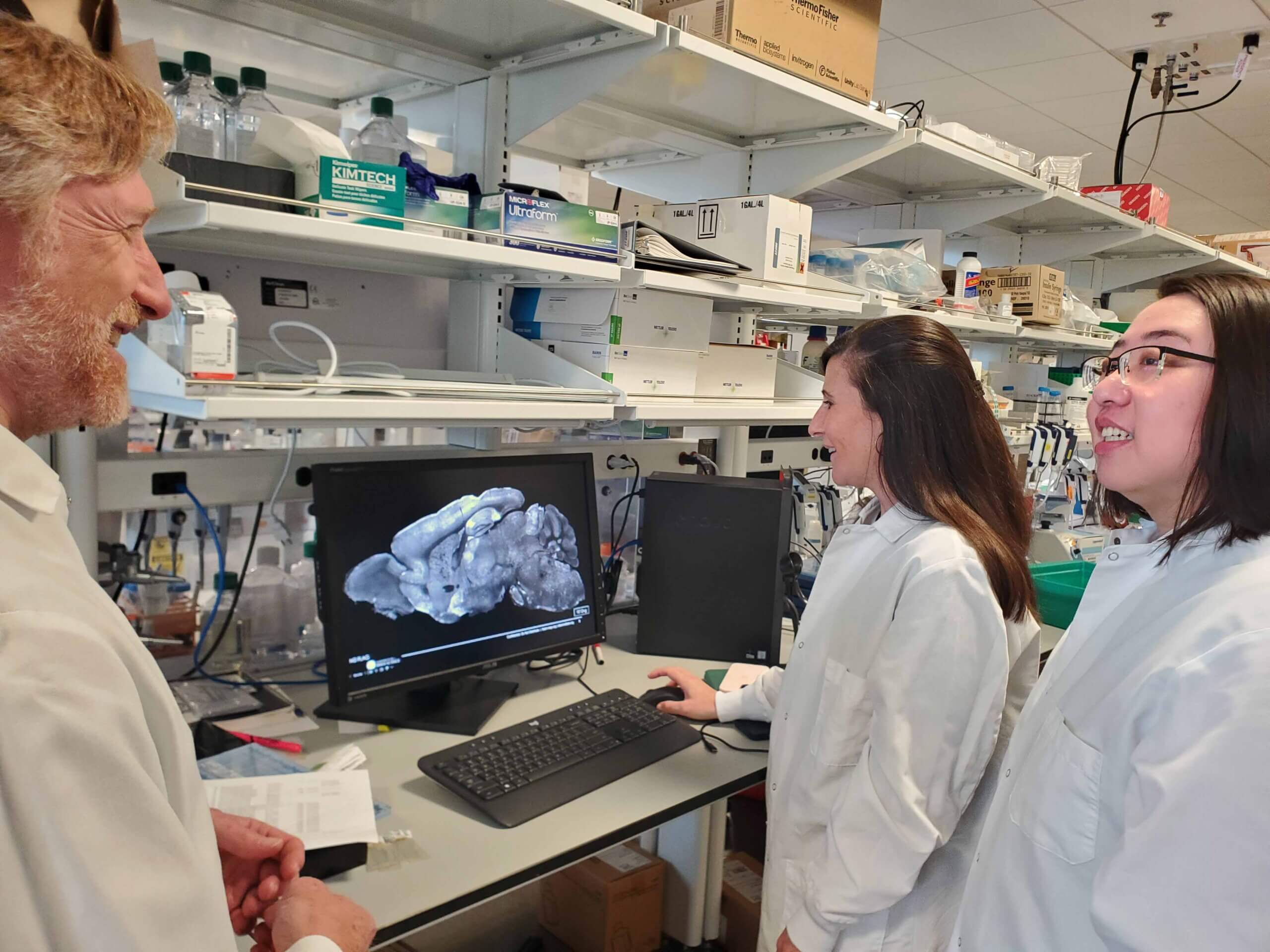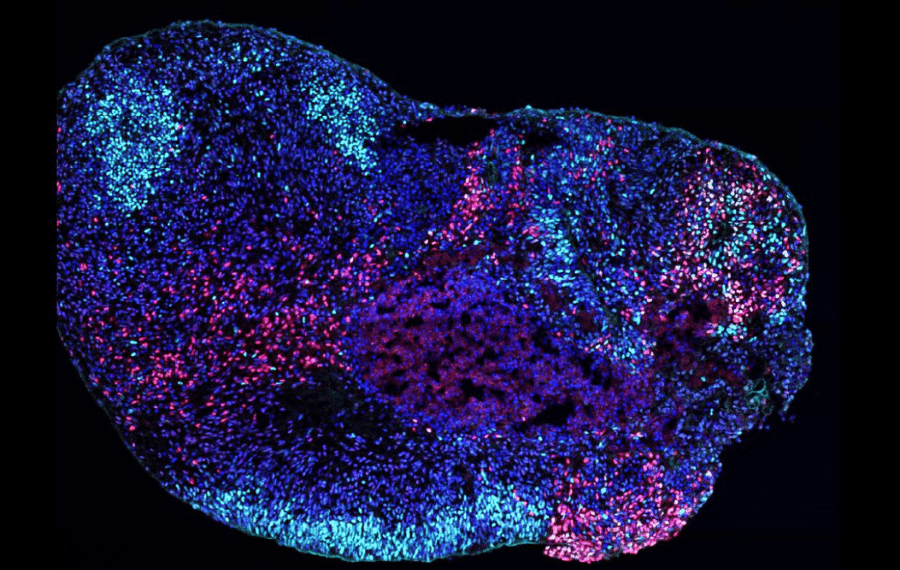Common Genetic Variants Linked to Drug-Resistant Epilepsy
Certain common genetic changes might make some people with focal epilepsy less responsive to seizure medications, according to a recent study conducted by Professor Sanjay Sisodiya of UCL Queen Square Institute of Neurology.
Focal epilepsy, the most common type of epilepsy, is a condition where seizures start in one part of the brain. Antiseizure medication is usually prescribed for people with the condition; however, for one in three people with epilepsy, current antiseizure medications are ineffective. Until now, there has been little understanding about why antiseizure medications fail to work for some people.
The researchers used data from EpiPGX, an international multicenter research project on epilepsy pharmacogenetics, and Epi25, the largest sequencing study in epilepsy, to examine genetic variation across the entire genome (the complete set of genetic instructions found in an organism’s DNA) in 6,826 people with epilepsy.
The team compared the genomes of those who had drug-resistant epilepsy (4,208 individuals) with those whose seizures were successfully controlled with antiseizure medications (2,618 individuals). They found that the presence of some specific common genetic variants in two genes—CNIH3, which helps control how certain brain receptors function, and WDR26, which is involved in various cell processes—were associated with a higher risk of having drug resistance in focal epilepsy and may influence a person’s response to antiseizure medications.
The findings are particularly important as these genetic signatures can be determined at the onset of epilepsy, rather than after several antiseizure medications have been tried without success. This could eventually help to predict which individuals with epilepsy are likely to develop drug resistance and avoid unnecessary exposure to ineffective medications and their associated side effects.








